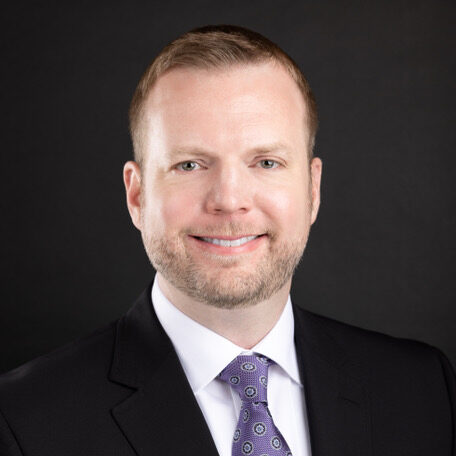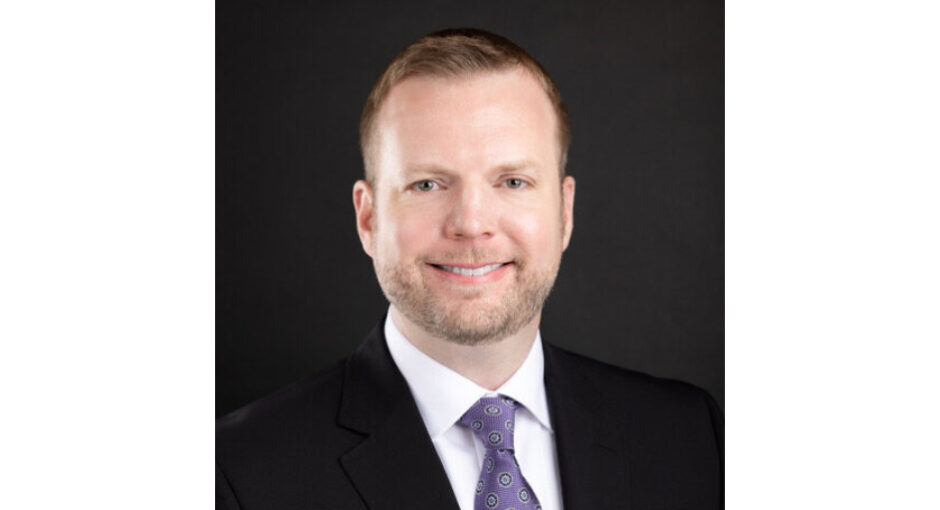SPONSORED CONTENT
The rise in digital technologies in the healthcare sector during the COVID-19 pandemic has resulted in some interesting trends in medical communication as we move closer to a post-pandemic world.
During the pandemic, patients became more engaged with medical communication than ever. They went from attending doctor’s visits in-person to making telehealth appointments. In addition, due to forced shutdowns, even the less tech-savvy patients learned how to navigate the internet in new ways to find information and stay connected with their healthcare providers (HCPs).
In addition to using digital mediums to communicate with their care teams, patients turned to the internet to learn more about the virus. They became comfortable performing research rather than waiting to hear what their doctor had to say, and they gained trust in the medical professionals who were providing them with frequent updates on the state of the virus.
So, the last three years have had a significant impact on the ways medical communication is read and distributed. This aspect of the pandemic is unlikely to change anytime soon. As a result, here are three emerging healthcare marketing trends to watch for after the pandemic.
Trend 1: Content personalization takes center stage
More patients are ready to take control of their health and treatment options in new ways, thanks to the time they spent doing online research during the pandemic. Often, they were deciphering research articles that were not written with consumers in mind.
So, in the post-pandemic world, it will be up to pharmaceutical and healthcare companies to deliberately communicate with their audiences in different ways. This may include changing how they share information with patients, caregivers, health care professionals, academia, regulatory bodies, and the media.
Medical communicators will need to translate complicated scientific studies into stories that are digestible and compelling for the average consumer interested in learning more about topics related to their health. These stories will also need facts and statistics to validate their credibility.
Trend 2: Collaboration with experts is essential
One challenge with digital media is that anyone can publish their opinion and disguise it as facts.
That’s why it will be increasingly important for medical communication to collaborate with credentialed experts who can offer advice based on their expertise, not their opinion. Data from ongoing studies will also be important to augment research articles.
At the same time, it will be necessary for experts and medical writers to have a more prominent online presence to ensure they are reaching the right audience. For this, they may want to collaborate with healthcare websites that can publish their created content for distribution among a more extensive, broader audience.
Trend 3: Multimedia content trumps text-only content
As people from a broader audience become more engaged with medical communication, it will be necessary for writers to think beyond text for communicating important information.
Videos, images, and even virtual reality are multimedia content types that can increase content engagement with a broad audience.
Healthcare teams will need to consider whether they have the internal resources necessary to produce multimedia content or if they need to outsource it to keep up with the public demand for new information.
Omnichannel Marketing Is Critical After the Pandemic
As people have become more accustomed to moving between channels, the need for omnichannel healthcare marketing is greater now than ever. It is critical to find ways to engage with audiences on different platforms, including email, SMS, and direct mail.
“Meaningful patient and provider engagements that drive positive outcomes are based on high-quality data, which provides real-time optics into the patient’s healthcare journey. A great program can improve a patient’s experience and pair solutions to match the needs to drive patient-centric, positive health outcomes. Healthcare messaging and communication trends will continue to evolve. Nucleus Group has the resources and actual 340B pharmacy program operations experience to help clients achieve their provider and patient engagement goals resulting in increased 340B prescription capture, conversion, and improved patient health outcomes.” – Derek Kennard, CEO of Framework
Healthcare messaging and communication trends will continue to evolve, and Nucleus Group has the resources and actual 340B pharmacy program operations experience to help our clients achieve their provider and patient engagement goals resulting in increased 340B prescription capture, conversion and improved patient health outcomes.

Ryan Rushing is Founder and Managing Member of Nucleus Group. Nucleus Group delivers a full range of 340B, pharmacy, and specialty pharmacy consulting services. Ryan can be reached at ryanrushing@nucleusgroupllc.com or 512-696-7732.




